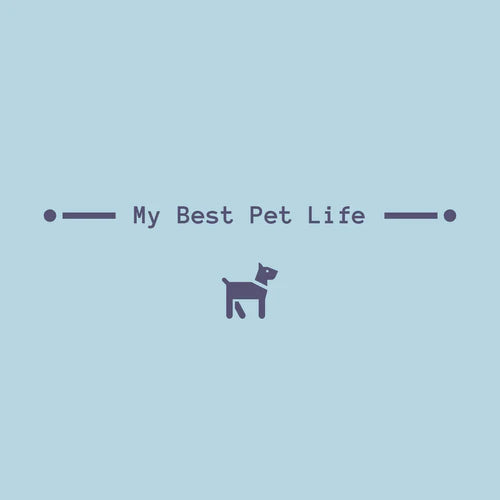Winnie the rescue dog continues her post surgery recovery.
Be careful as we followed up with the veterinarian a week ago and her normal doctor was not in the office.
We were told she needed a culture test due to a possible infection but found out a week later it was not required since this is a normal occurrence after CCL post-surgery.
Several hundred dollars later.
We were taking every precaution and wanted to ensure there were no issues, we should have asked more questions at the time.
Watch out for unnecessary testing.
After surgery, culture tests may be performed for the following reasons:
-
Infection Monitoring: If there are signs of infection at the surgical site, such as redness, swelling, or discharge, a culture test can be conducted to identify the specific bacteria or fungi causing the infection. This helps veterinarians prescribe targeted and effective antibiotics.
-
Wound Infections: Surgical wounds are susceptible to bacterial contamination, and an infection can compromise the healing process. A culture test can determine the type of bacteria present, guiding appropriate treatment.
-
Proactive Measures: In some cases, veterinarians may proactively take culture samples from surgical sites, especially if there is a higher risk of infection. This is done to identify any potential pathogens early, even before signs of infection become apparent.
-
Antibiotic Selection: Culture tests help in selecting the most effective antibiotics. Knowing the specific bacteria causing the infection allows veterinarians to prescribe antibiotics that are tailored to target those particular pathogens.
-
Preventing Spread: Identifying the specific microorganisms responsible for an infection can also be crucial in preventing the spread of infection to other areas of the body.
It's important to note that the decision to perform culture tests after surgery depends on the veterinarian's assessment of the individual case. Routine monitoring, observation of the surgical site, and other diagnostic tests may also be part of post-surgery care to ensure the dog's recovery is proceeding smoothly. Always follow your veterinarian's recommendations for post-operative care and monitoring.

